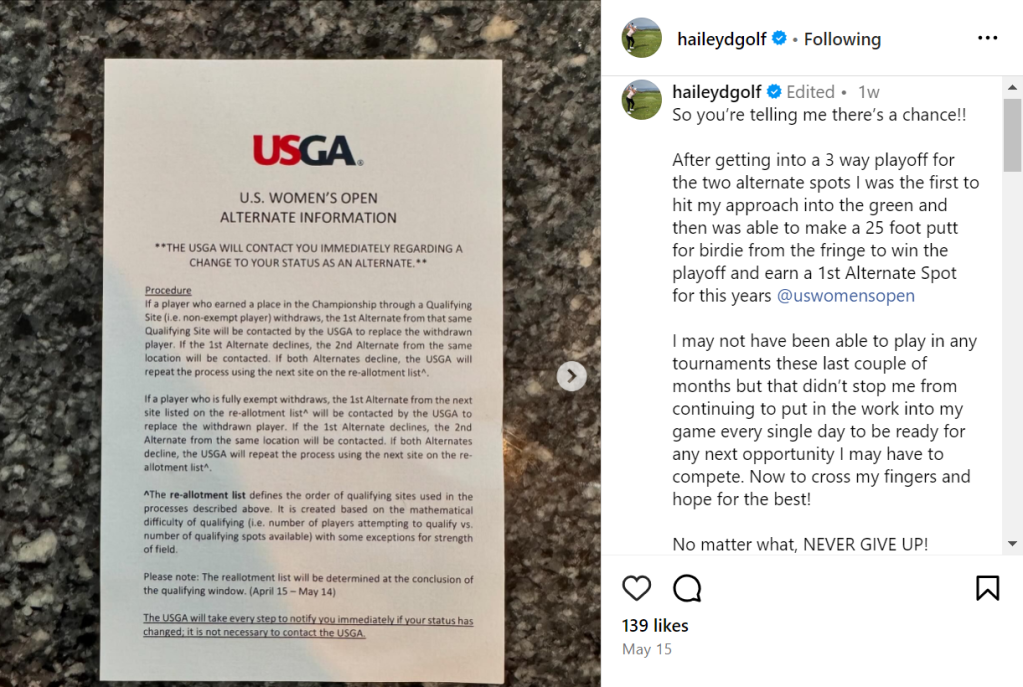Doctor faces federal HIPAA charges for leaking trans kids’ medical records to rightwing activists
Houston surgeon Eithan Haim has been indicted on four felony counts after he shared public documents revealing the private information of transgender patients – in violation of the Health Insurance Portability and Accountability Act (HIPAA), a federal law that protects patients’ medical privacy.
Haim leaked internal documents from Texas Children’s Hospital in 2023 to conservative activist Christopher Rufo, alleging that the hospital had violated Texas Attorney General Ken Paxton’s (R) opinion, which called gender-affirming care “child abuse.” Haim claims that the hospital continued to provide care up until the passing of S.B. 14, a gender-affirming care ban.
Related:
“My client is a mandatory reporter of child abuse who reported as a whistleblower to the State of Texas what he had seen in his hospital,” says Haim’s attorney, Marcella Burke, in a statement given to LGBTQ Nation. “The indictment is under seal so my client remains in the dark of the basis for the charges against him.”
Stay connected to your community
Connect with the issues and events that impact your community at home and beyond by subscribing to our newsletter.
Mandatory reporters for medical abuse concerns are required to first go to the Texas Medical Board and not journalists. Reports for child abuse concerns are required to first go to the Texas Department of Family and Protective Services.
Burke details that no formal indictment paperwork has been sent over to Haim and his team yet.
“We have asked the government to see the indictment, and the government has yet to produce it. We know from the Summons that he has been charged with four counts of criminal HIPAA violations, three with statutory counts of 10 years,” Burke continues.
LGBTQ Nation reached out to the Southern District of Texas’s Attorney Office to confirm the indictment and will update this article appropriately.
HIPAA regulates how healthcare professionals can share patients’ medical information with third parties and places strict limits in order to protect privacy. Haim claims he had a duty to report what he believed was child abuse, but the Texas Department of Family and Protective Services’ website says that they are the agency that needs to be reported to, not rightwing activists like Rufo.
Moreover, Haim claims that the medical records he leaked to Rufo were anonymized, but Assistant Clinical Professor Carmel Shachar of Harvard Law School told Assigned Media that the records Haim leaked were not de-identified in compliance with HIPAA, meaning that people could figure out who the records originally belonged to. This could potentially make the children whose records Haim leaked targets for harassment and bullying.
In an interview with Fox News, Haim stated that he believes the charges were “politically motivated.”
Shortly after Haim’s documents were released to the public, an investigation was conducted by Paxton into Texas Children’s Hospital’s alleged continuation of gender-affirming care. Houston Public Media reached out for an indication as to whether this investigation is ongoing but did not receive comment.
This investigation into Haim’s data leaks goes back to June 2023, when a federal investigation began and he was identified as a suspect. He turned down a request to speak to agents, electing to talk to his attorney first. Assistant U.S. Attorney Tina Ansari led the investigation.
In January, Haim wrote a letter to Congress to denounce the investigation. Rep Chip Roy (R-TX) shared the letter on X.
While Haim has not become a household name during his time in the public light, he has garnered the favor of numerous conservative figureheads, especially in light of the indictment. His X account is filled with retweets from individuals like Colin Wright, Bari Weiss, and Chaya Raichik, all of whom have been heavily involved in efforts to discredit transgender care.
Haim has expressed numerous fringe views on his social media as well. In May, he claimed that trans women breastfeeding is “the plight of Western Civilization.”
He also said that former President Donald Trump’s felony charges were a “Stalinist show.”
Haim said that Dr. Anthony Fauci, who led the United States through the COVID-19 pandemic, should be imprisoned.
An independent investigation by journalist Evan Urquhart found evidence of Haim expressing such views directly in an interview with Rufo, believing that support for gender-affirming care is only an extension of the left-wing “capture” of medical organizations.
Haim has posted a fundraiser to cover his legal costs, which at the time of writing this article has garnered more than $500,000.
